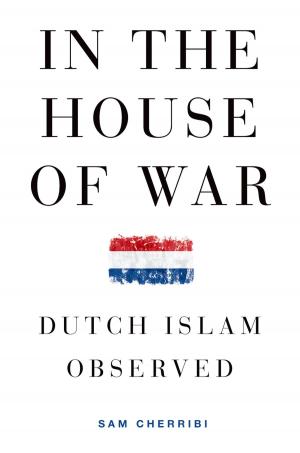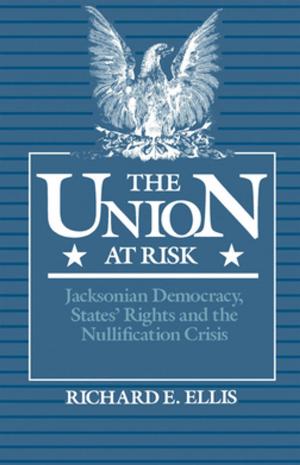Hidden Power
The Strategic Logic of Organized Crime
Nonfiction, Social & Cultural Studies, Social Science, Crimes & Criminals, Criminology, Political Science| Author: | James Cockayne | ISBN: | 9780190694814 |
| Publisher: | Oxford University Press | Publication: | October 1, 2017 |
| Imprint: | Oxford University Press | Language: | English |
| Author: | James Cockayne |
| ISBN: | 9780190694814 |
| Publisher: | Oxford University Press |
| Publication: | October 1, 2017 |
| Imprint: | Oxford University Press |
| Language: | English |
What should we make of the outsized role organized crime plays in conflict and crisis, from drug wars in Mexico to human smuggling in North Africa, from the struggle in Crimea to scandals in Kabul? How can we deal with the convergence of politics and crime in so-called 'mafia states' such as Guinea-Bissau, North Korea or, as some argue, Russia? Drawing on unpublished government documents and mafia memoirs, James Cockayne discovers the strategic logic of organized crime, hidden in a century of forgotten political--criminal collaboration in New York, Sicily and the Caribbean. He reveals states and mafias competing - and collaborating -- in a competition for governmental power. He discovers mafias influencing elections, changing constitutions, organizing domestic insurgencies and transnational terrorism, negotiating peace deals, and forming governmental joint ventures with ruling groups. And he sees mafias working with the US government to spy on American citizens, catch Nazis, try to assassinate Fidel Castro, invade and govern Sicily, and playing unappreciated roles in the Bay of Pigs fiasco and the Cuban Missile Crisis.
What should we make of the outsized role organized crime plays in conflict and crisis, from drug wars in Mexico to human smuggling in North Africa, from the struggle in Crimea to scandals in Kabul? How can we deal with the convergence of politics and crime in so-called 'mafia states' such as Guinea-Bissau, North Korea or, as some argue, Russia? Drawing on unpublished government documents and mafia memoirs, James Cockayne discovers the strategic logic of organized crime, hidden in a century of forgotten political--criminal collaboration in New York, Sicily and the Caribbean. He reveals states and mafias competing - and collaborating -- in a competition for governmental power. He discovers mafias influencing elections, changing constitutions, organizing domestic insurgencies and transnational terrorism, negotiating peace deals, and forming governmental joint ventures with ruling groups. And he sees mafias working with the US government to spy on American citizens, catch Nazis, try to assassinate Fidel Castro, invade and govern Sicily, and playing unappreciated roles in the Bay of Pigs fiasco and the Cuban Missile Crisis.















